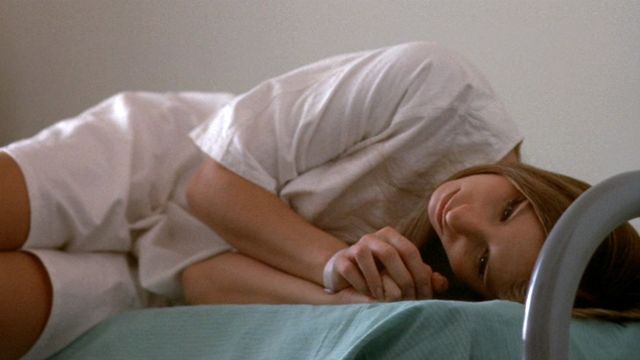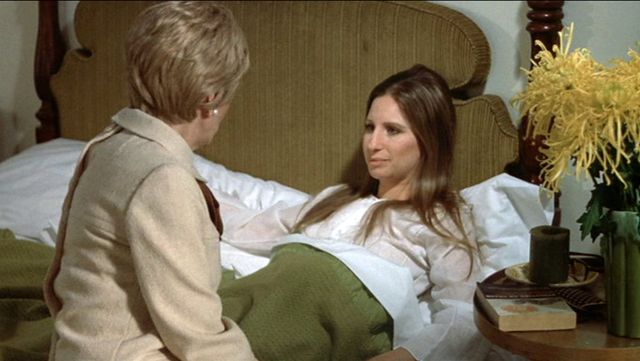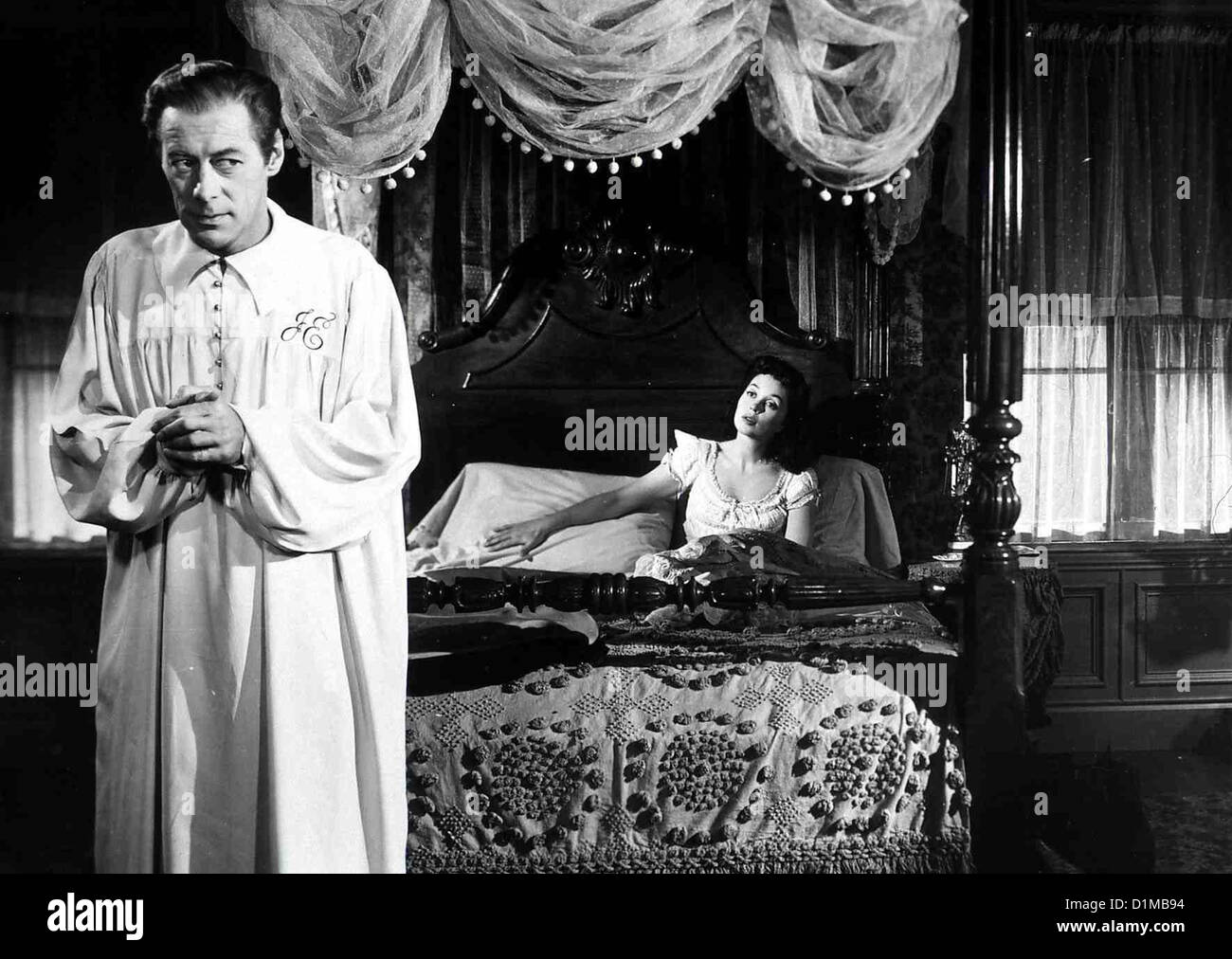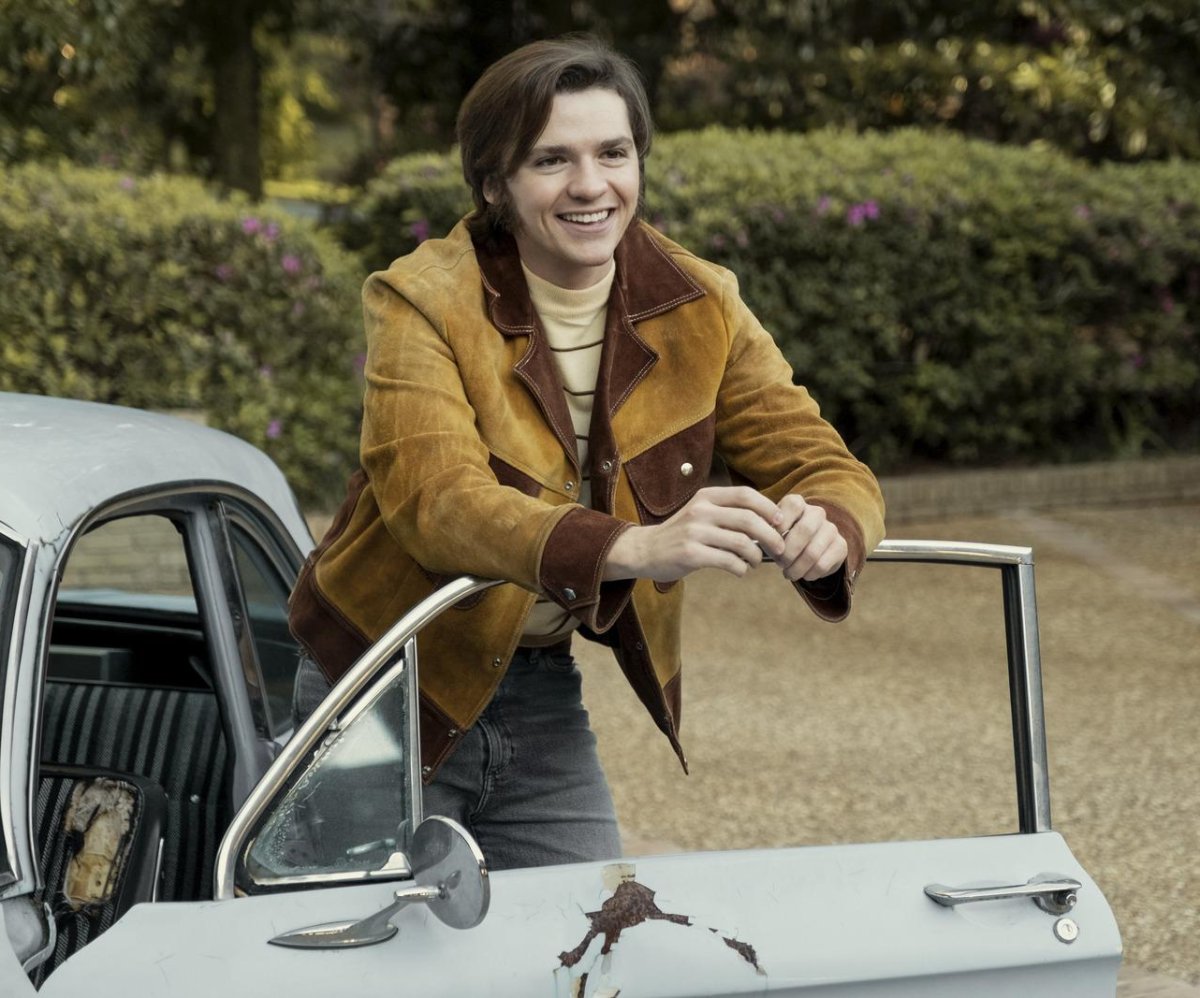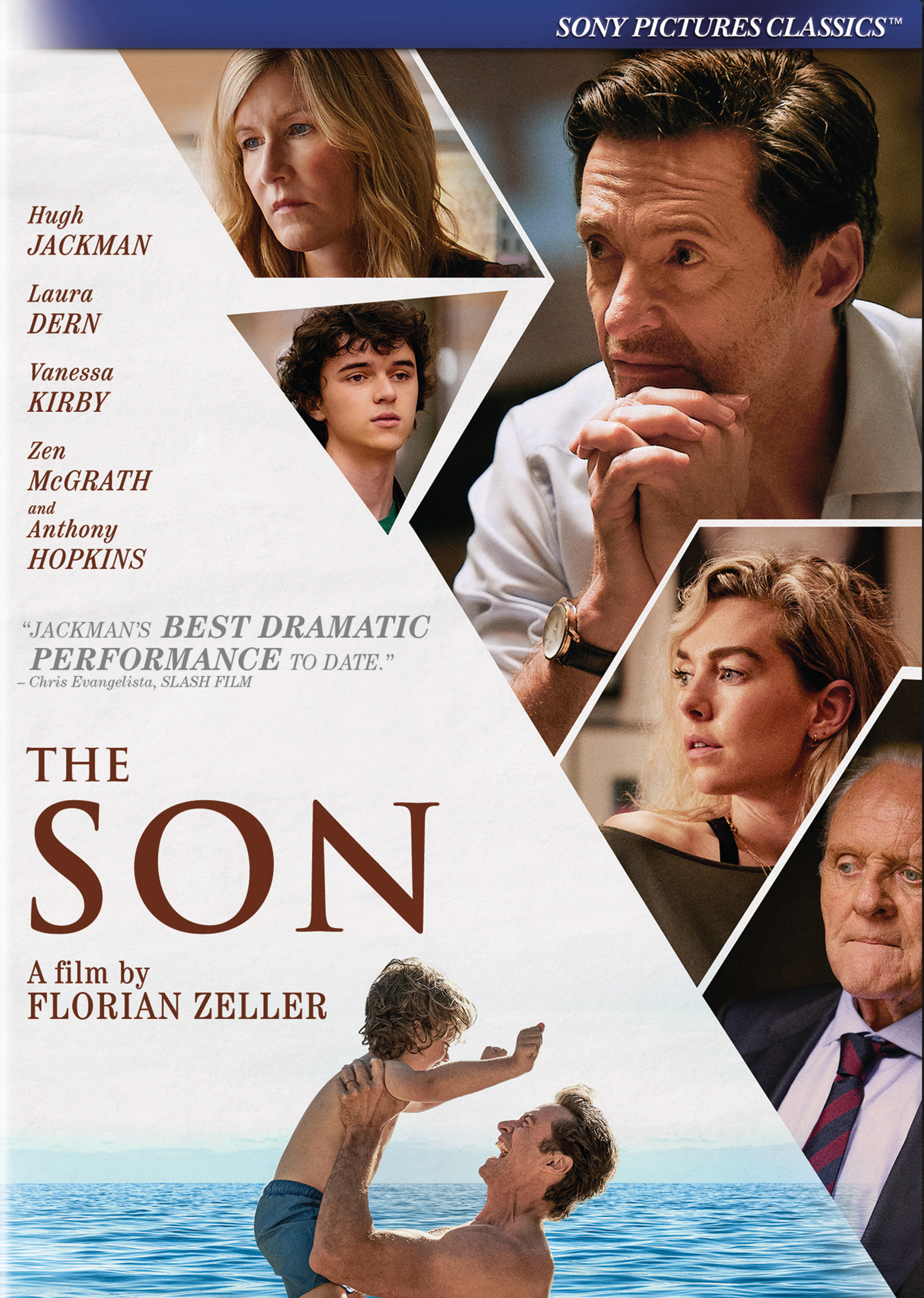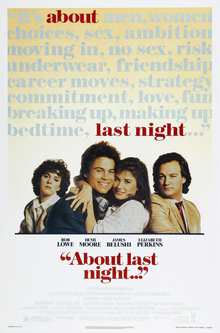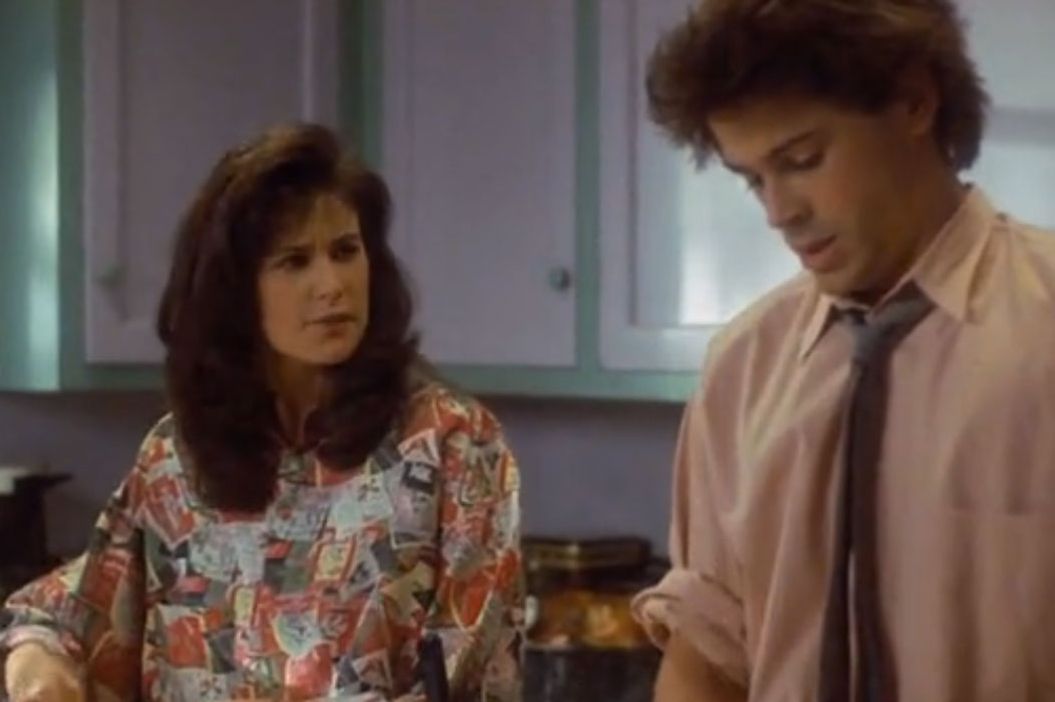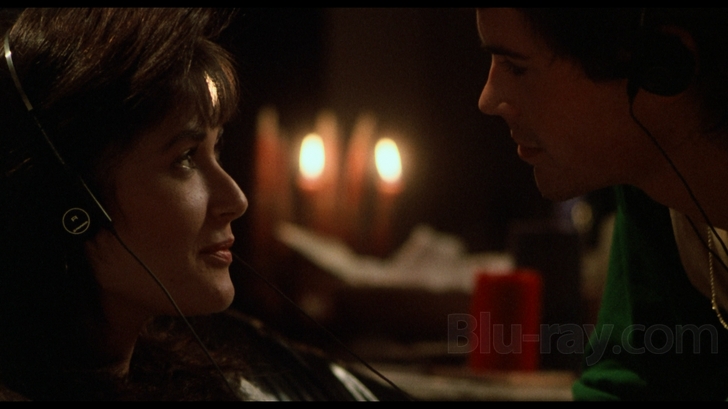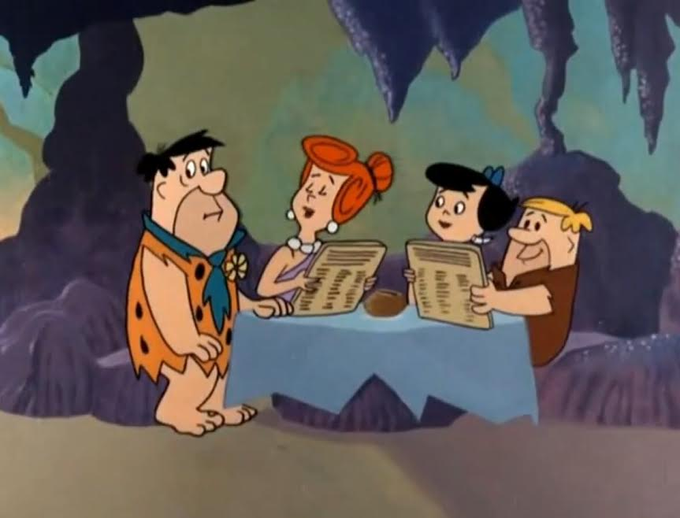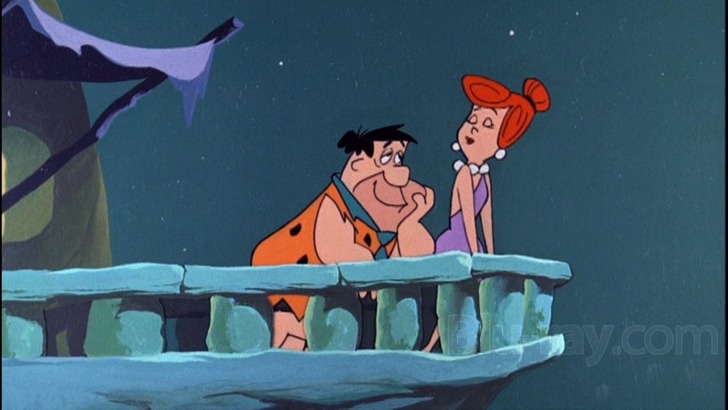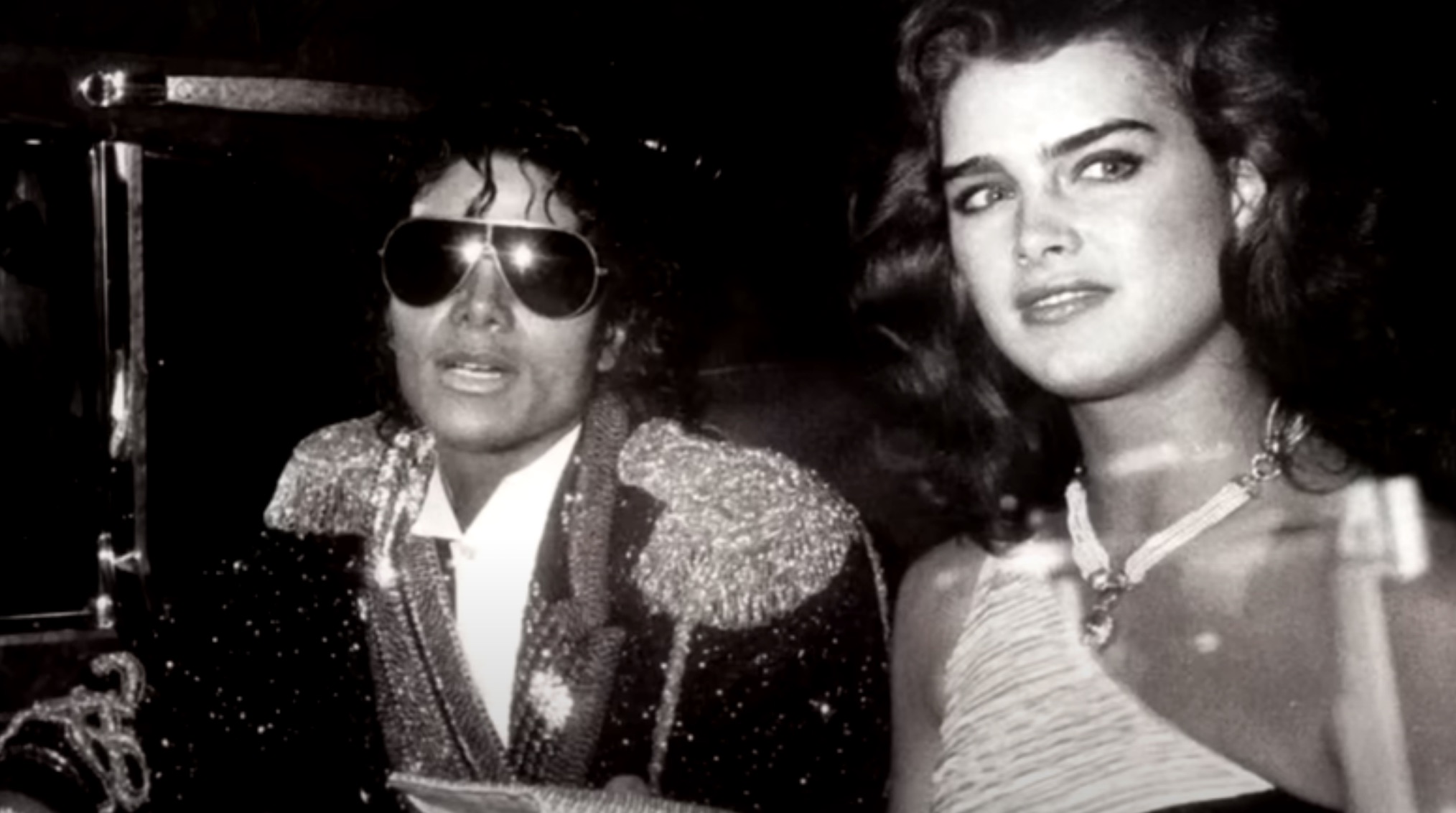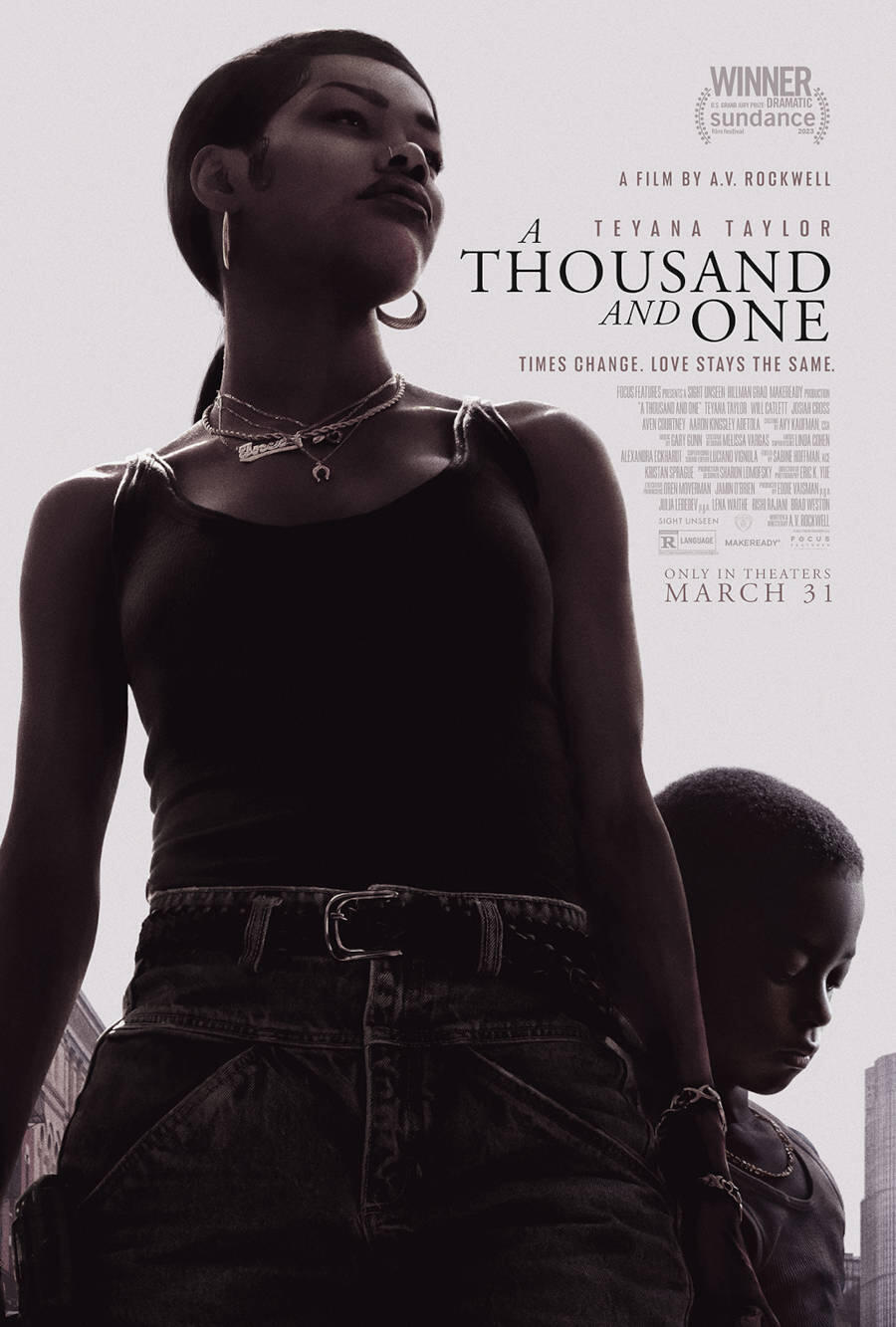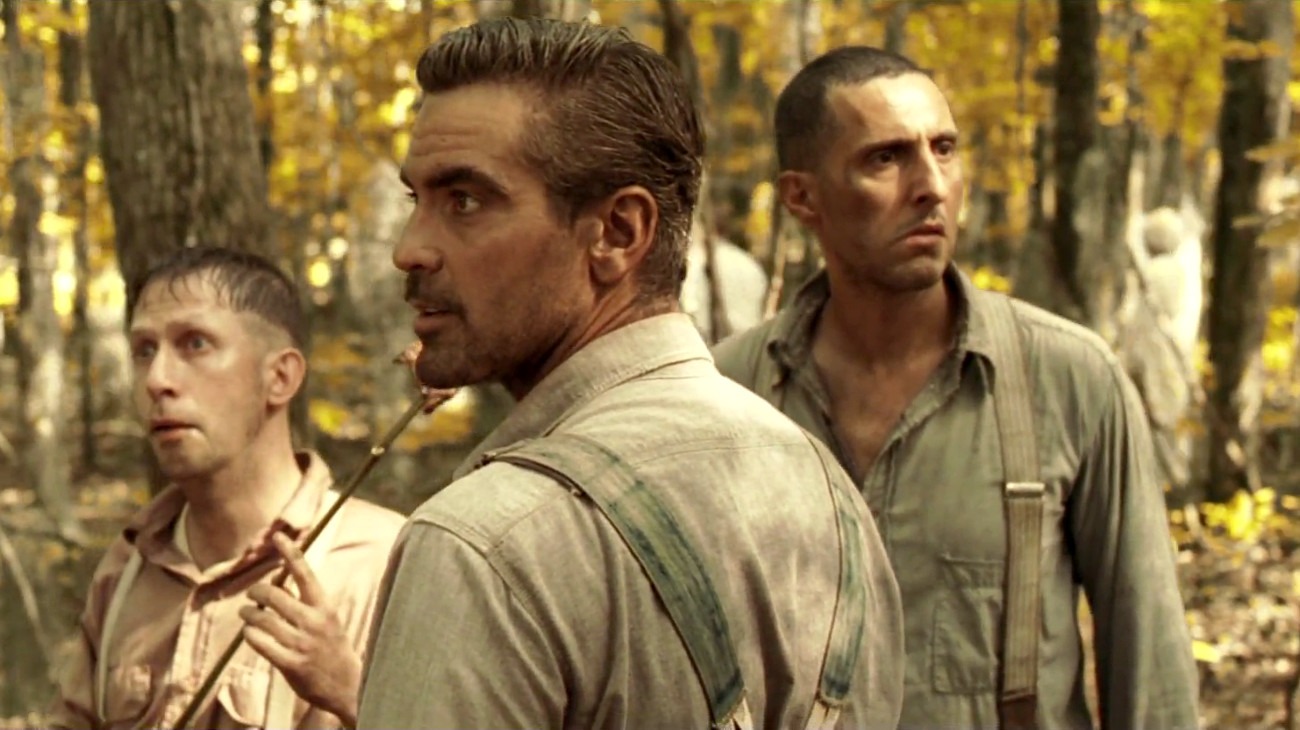The Pumpkin Eater
Despite small holes in the screenplay 1964's The Pumpkin Eater is a crisp and emotionally charged romantic melodrama focusing on a severely broken marriage whose minor flaws in the screenplay fall to the wayside thanks to meticulous direction and brilliant performances from the leads.

Anne Bancroft stars as Jo, a vivacious mother of five, seemingly content in her second marriage, who is introduced to a seemingly charming screenwriter named Jake (Peter Finch) by her husband and in the very next scene, we learn that Jo has left her second husband to marry Jake. It's not long before Jake is revealed to be less than ideal husband material, whose behavior sends Jo to the brink of insanity.

The intricately crafted screenplay by Harold Pinter and Penelope Mortimer is mounted in the fashion of a lot of contemporary films, as the story is told out of sequence and leaps back and forth in time, requiring complete attention from the viewer. Initial frustration is established when we see Jo and Jake meeting for the first time and everything that led to her leaving her second husband and romance with Jake leading to their marriage is abruptly skipped. It does become irrelevant though as we learn that Jake's wandering eye and his discomfort with becoming an instant stepfather are among the contributing factors to his mental and emotional abuse of Jo, which sends the woman into a very deliberate descent into madness. The film even establishes in the opening minutes, without a word of dialogue, that Jo has been released from a mental hospital and is experiencing ambivalence about doing so.

Director Jack Clayton (The Innocents) never shies away from this adult and, at times. shocking look at the destruction of a marriage and the mental shredding of a woman that paints certain aspects of the story in a very basic black. The Jake character shows no accountability or remorse for the way he treats Jo and we want to scream as watch Jo sit back and take it up to a point. There are scenes of unexpected power here that don't start out that way. One scene that initially seems like filler, stopped this reviewer cold when Jo is confronted in a beauty parlor by a stranger whose life seems to mirror her own. The violent confrontation between Jo and Jake after a betrayal she can longer sit back and accept is frighteningly unapologetic. The ending of the story is also intriguing as it offers possible hope for Jo and Jake, but doesn't guarantee it

The film is shot in gorgeous black and white, featuring impressive editing and a lovely music score. Anne Bancroft is nothing short of breathtaking as Jo, a performance so powerfully heartbreaking that it earned Bancroft an Oscar nomination for Best Actress (she lost to Julie Andrews for Mary Poppins), the only nomination the film received. Finch, who 12 years later would win the Academy's first posthumous acting Oscar for Network, is Oscar-worthy as the slimy Jake. Mention should also be made of James Mason as an unwilling participant in the destruction of this marriage and an early appearance from future Oscar winner Maggie Smith as a houseguest of Jo and Jake. An uncomfortable and often squirm-worthy drama anchored by bold direction and stunning performances.
Despite small holes in the screenplay 1964's The Pumpkin Eater is a crisp and emotionally charged romantic melodrama focusing on a severely broken marriage whose minor flaws in the screenplay fall to the wayside thanks to meticulous direction and brilliant performances from the leads.

Anne Bancroft stars as Jo, a vivacious mother of five, seemingly content in her second marriage, who is introduced to a seemingly charming screenwriter named Jake (Peter Finch) by her husband and in the very next scene, we learn that Jo has left her second husband to marry Jake. It's not long before Jake is revealed to be less than ideal husband material, whose behavior sends Jo to the brink of insanity.

The intricately crafted screenplay by Harold Pinter and Penelope Mortimer is mounted in the fashion of a lot of contemporary films, as the story is told out of sequence and leaps back and forth in time, requiring complete attention from the viewer. Initial frustration is established when we see Jo and Jake meeting for the first time and everything that led to her leaving her second husband and romance with Jake leading to their marriage is abruptly skipped. It does become irrelevant though as we learn that Jake's wandering eye and his discomfort with becoming an instant stepfather are among the contributing factors to his mental and emotional abuse of Jo, which sends the woman into a very deliberate descent into madness. The film even establishes in the opening minutes, without a word of dialogue, that Jo has been released from a mental hospital and is experiencing ambivalence about doing so.

Director Jack Clayton (The Innocents) never shies away from this adult and, at times. shocking look at the destruction of a marriage and the mental shredding of a woman that paints certain aspects of the story in a very basic black. The Jake character shows no accountability or remorse for the way he treats Jo and we want to scream as watch Jo sit back and take it up to a point. There are scenes of unexpected power here that don't start out that way. One scene that initially seems like filler, stopped this reviewer cold when Jo is confronted in a beauty parlor by a stranger whose life seems to mirror her own. The violent confrontation between Jo and Jake after a betrayal she can longer sit back and accept is frighteningly unapologetic. The ending of the story is also intriguing as it offers possible hope for Jo and Jake, but doesn't guarantee it

The film is shot in gorgeous black and white, featuring impressive editing and a lovely music score. Anne Bancroft is nothing short of breathtaking as Jo, a performance so powerfully heartbreaking that it earned Bancroft an Oscar nomination for Best Actress (she lost to Julie Andrews for Mary Poppins), the only nomination the film received. Finch, who 12 years later would win the Academy's first posthumous acting Oscar for Network, is Oscar-worthy as the slimy Jake. Mention should also be made of James Mason as an unwilling participant in the destruction of this marriage and an early appearance from future Oscar winner Maggie Smith as a houseguest of Jo and Jake. An uncomfortable and often squirm-worthy drama anchored by bold direction and stunning performances.
Last edited by Gideon58; 05-21-24 at 05:06 PM.

